California’s recent decision to hike minimum wages to $20 an hour for fast food workers has sent shockwaves through the industry.
As business leaders react strongly, many point to adverse impacts on affordability and employment within the state.
Job Cuts Across the Board
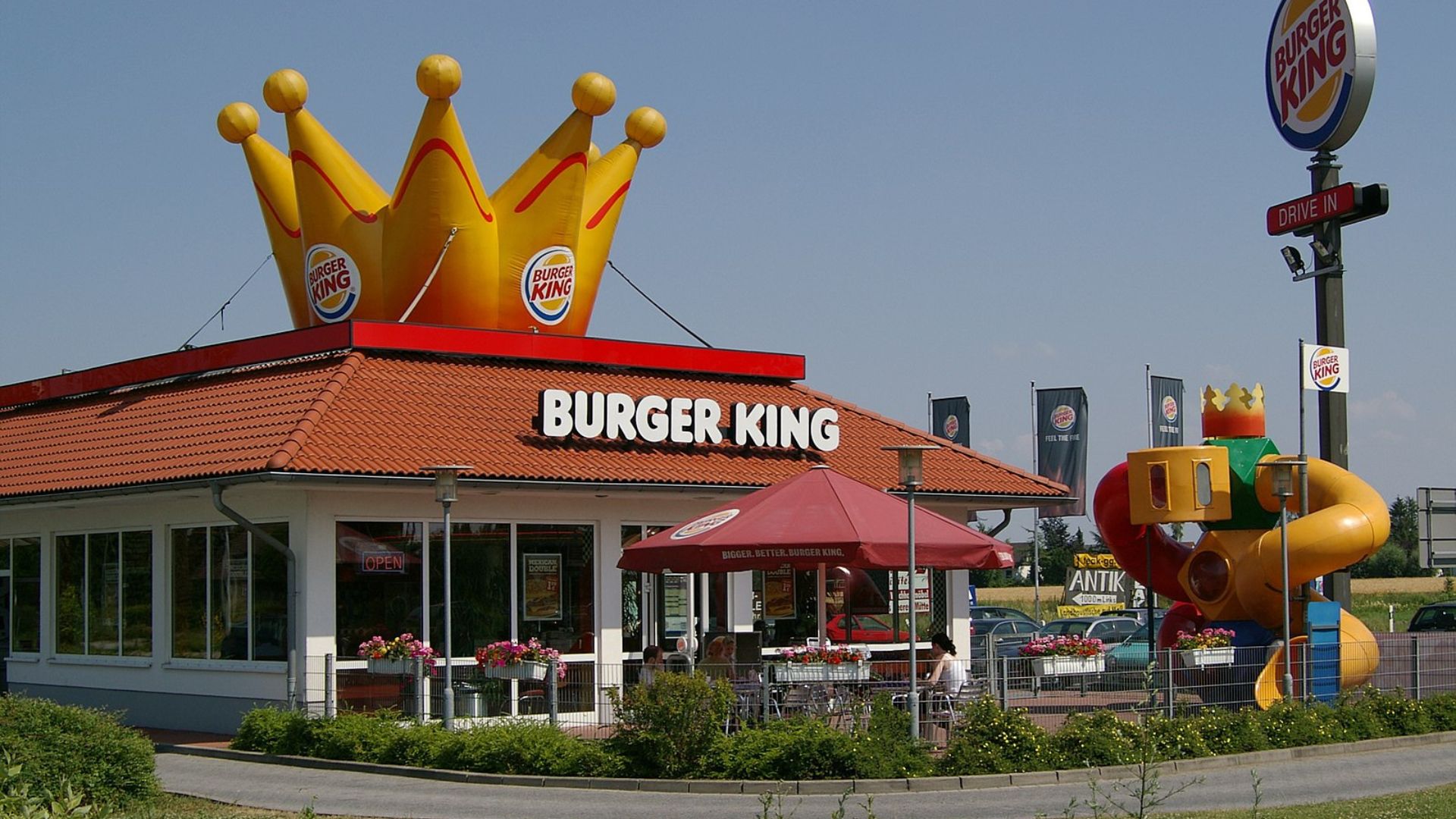
Following the wage law signed last September, major chains from Pizza Hut to Burger King have reportedly slashed nearly 10,000 jobs.
This drastic cutback is a stark indicator of the broader implications of such financial adjustments on the fast food sector.
Soaring Food Prices
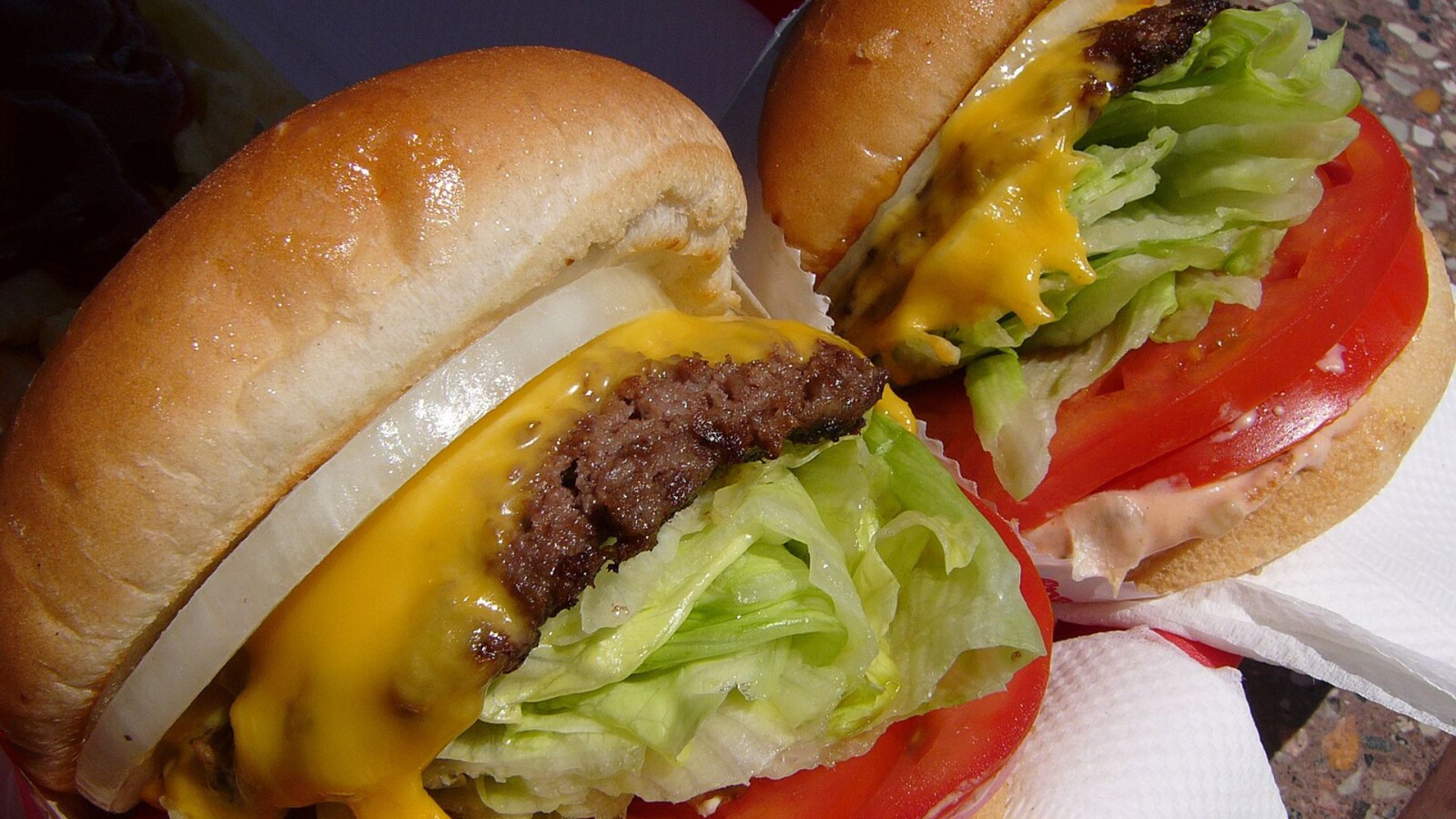
In response to increased labor costs, fast food prices have soared.
Just this week, In-N-Out pushed the price of a Double Double meal past the $10 mark, edging the staple closer to “luxury” status.
Rubio’s Feels the Pinch
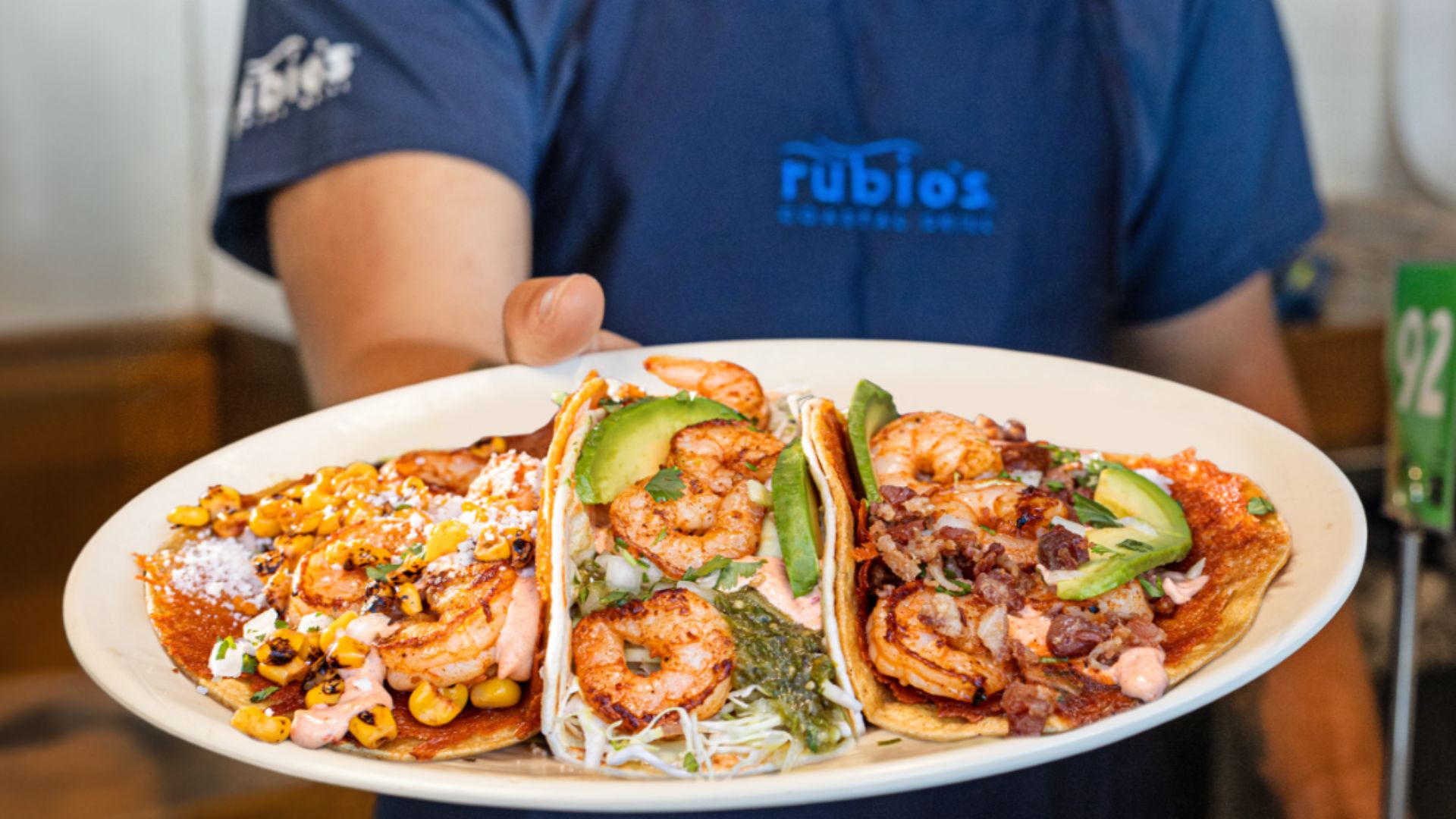
Rubio’s Coastal Grill, a cherished name in Mexican fast food, couldn’t withstand the wage hike, leading to bankruptcy filings and the closure of 48 outlets in California.
The wage increase seems to be a double-edged sword, helping some while hurting others.
Business Leaders’ Backlash
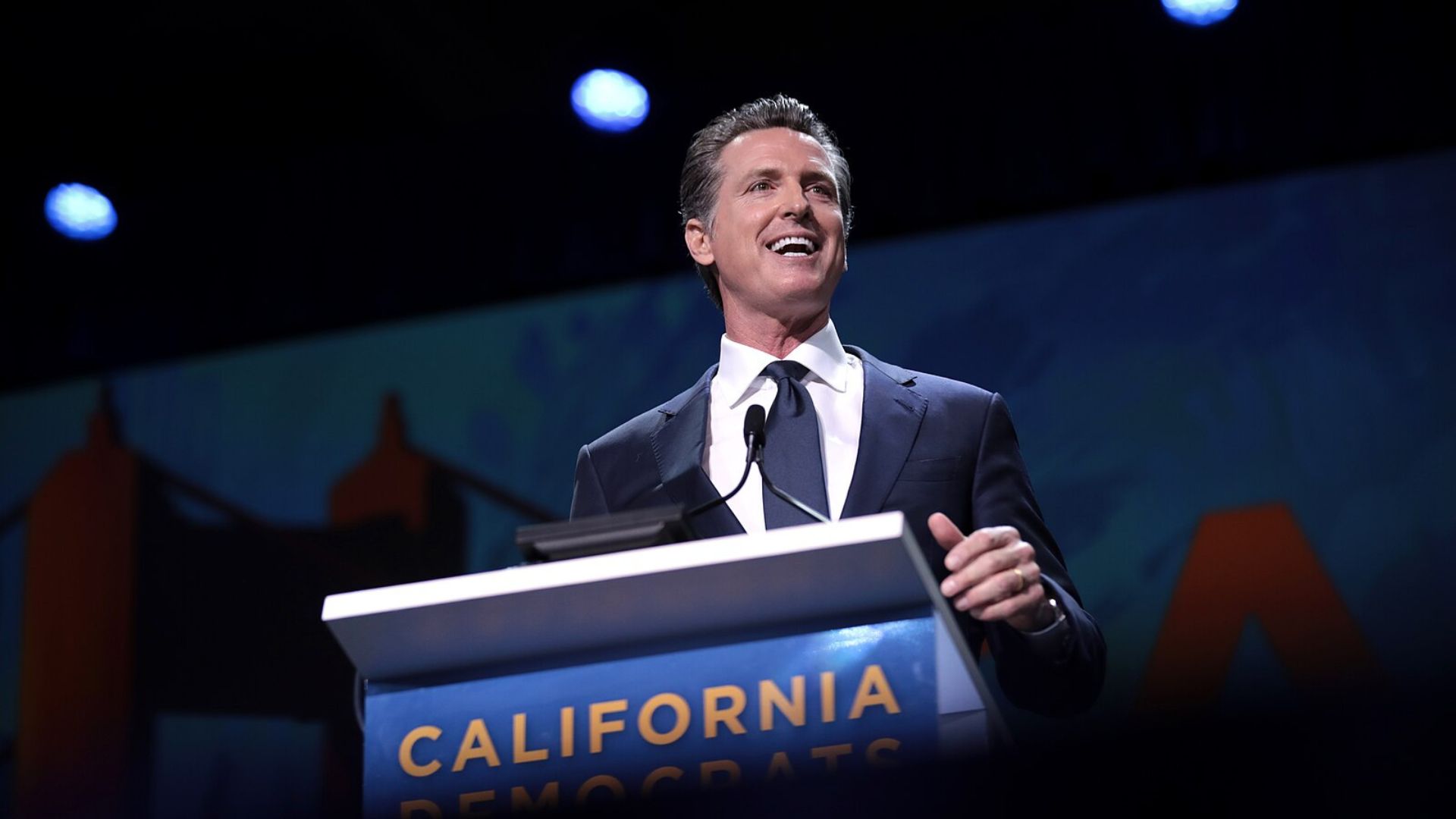
The increase has sparked outrage among business leaders, who have openly criticized Governor Gavin Newsom for pushing through the controversial law.
They argue it’s an attack on companies striving to balance affordability with fair wages.
The Advertising Alarm
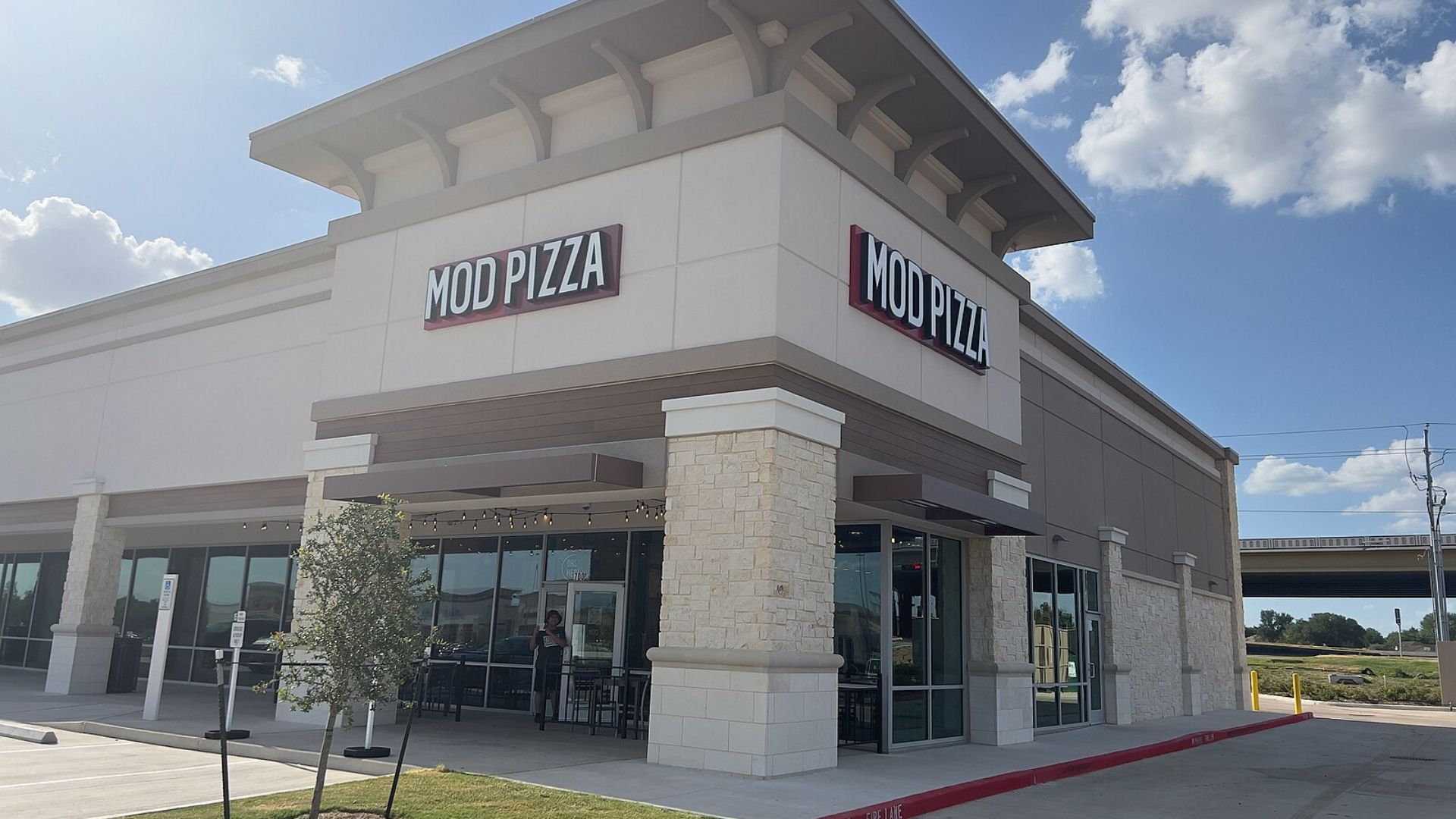
The California Business and Industrial Alliance made headlines with an advertisement in USA Today, featuring ‘obituaries’ for beloved brands impacted by the new wage laws.
It’s a creative yet grim portrayal of the current business climate.
The Cost of Doing Business

Tom Manzo, president of CABIA, lamented the “increased cost and continued anti-business climate” in California.
His concerns highlight the struggle to maintain operational stability amidst rising expenses.
Maintaining Fast Food’s Affordability
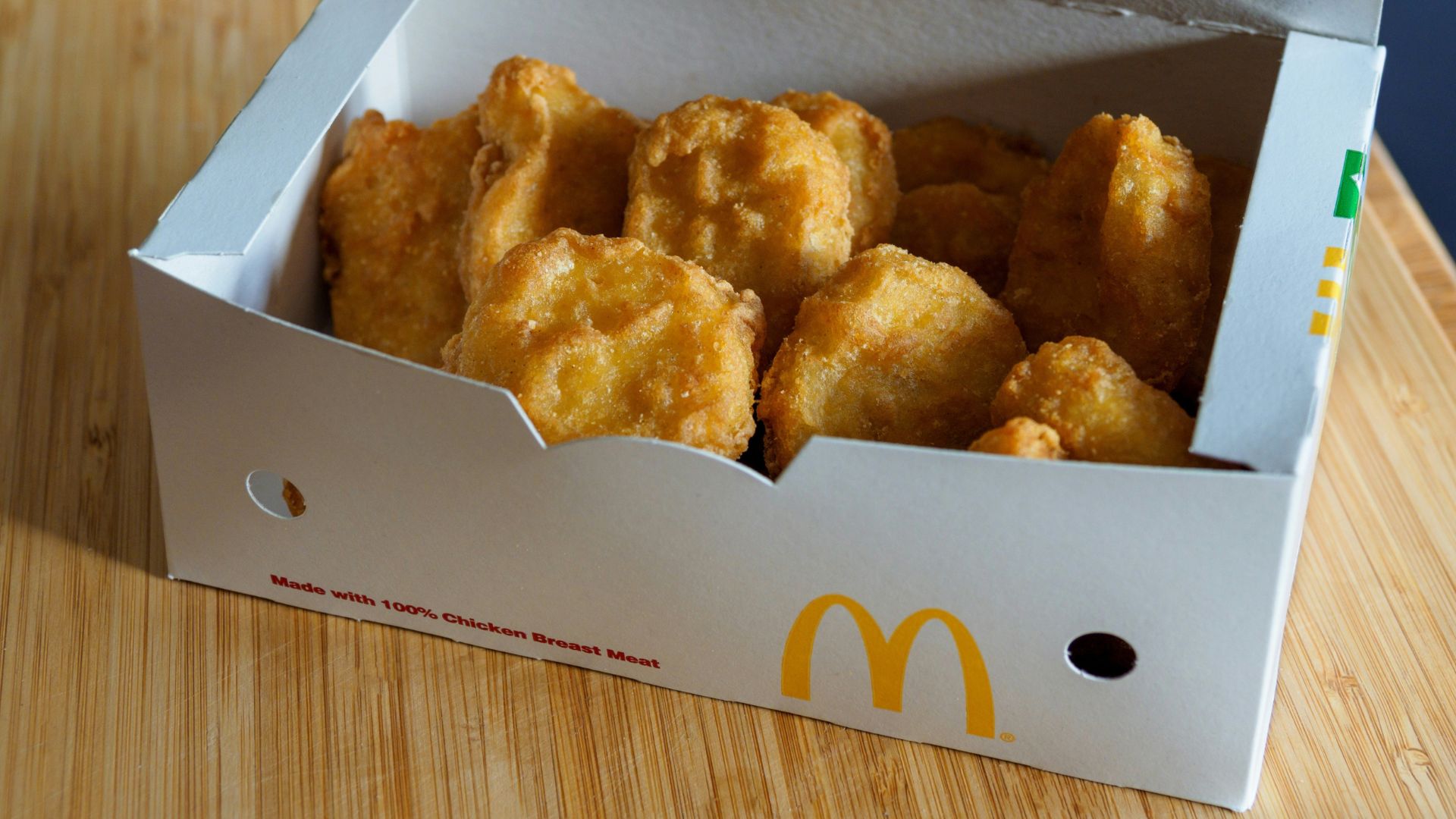
“Fast food isn’t a luxury item,” said Tom Manzo, emphasizing that the essence of fast food is its affordability and accessibility.
This quote captures the industry’s foundational principle of providing economical food options to a broad demographic, which is now threatened by the increased wage costs.
Detailed Ad Campaign
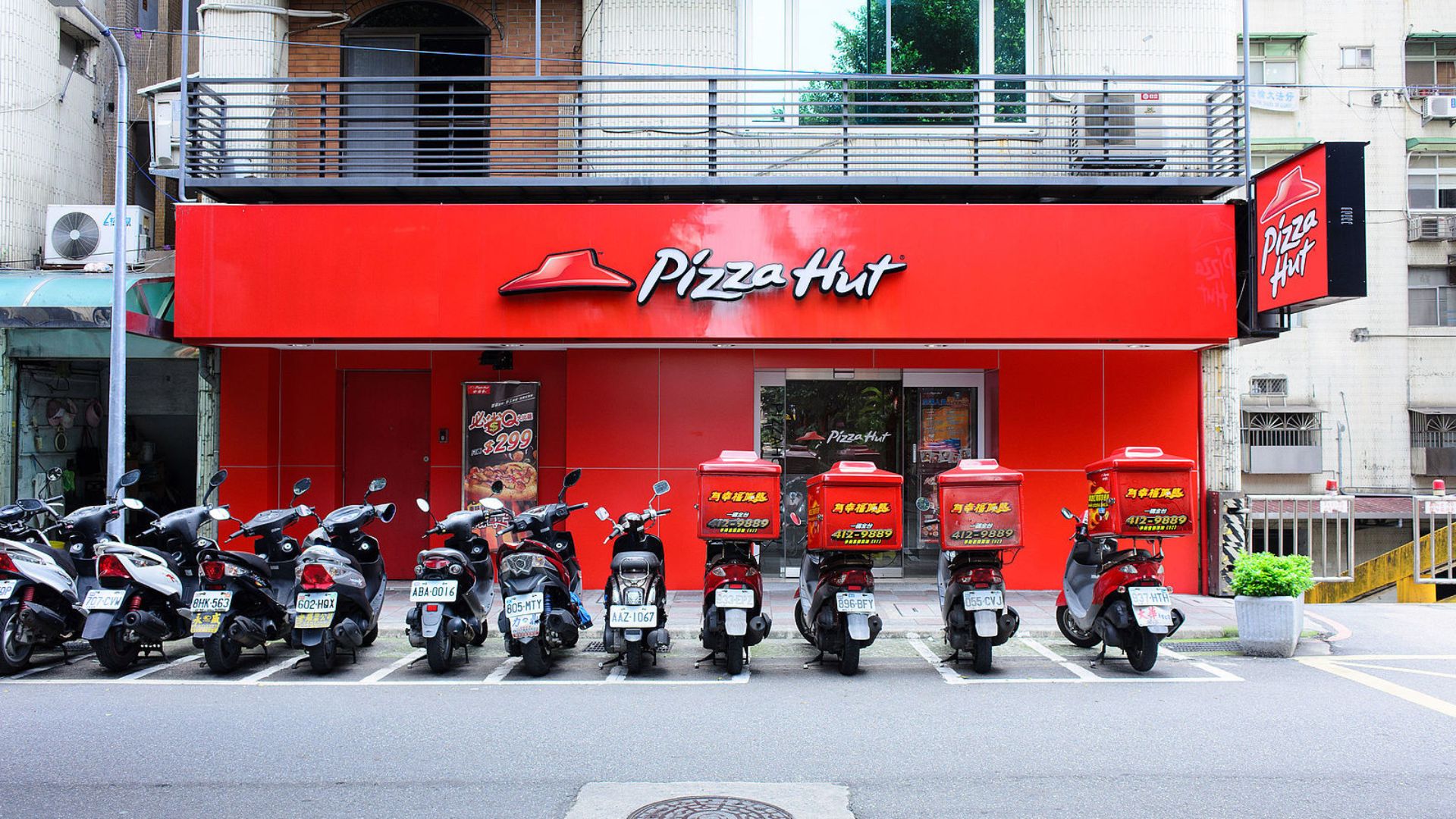
CABIA’s advertisement campaign also featured news clips documenting the various changes businesses have made in response to the wage increase.
These included price hikes, employee layoffs, and in some severe cases, the closing of entire locations, showcasing the widespread effects of the policy across the state.
McDonald’s Franchisee Adjustments
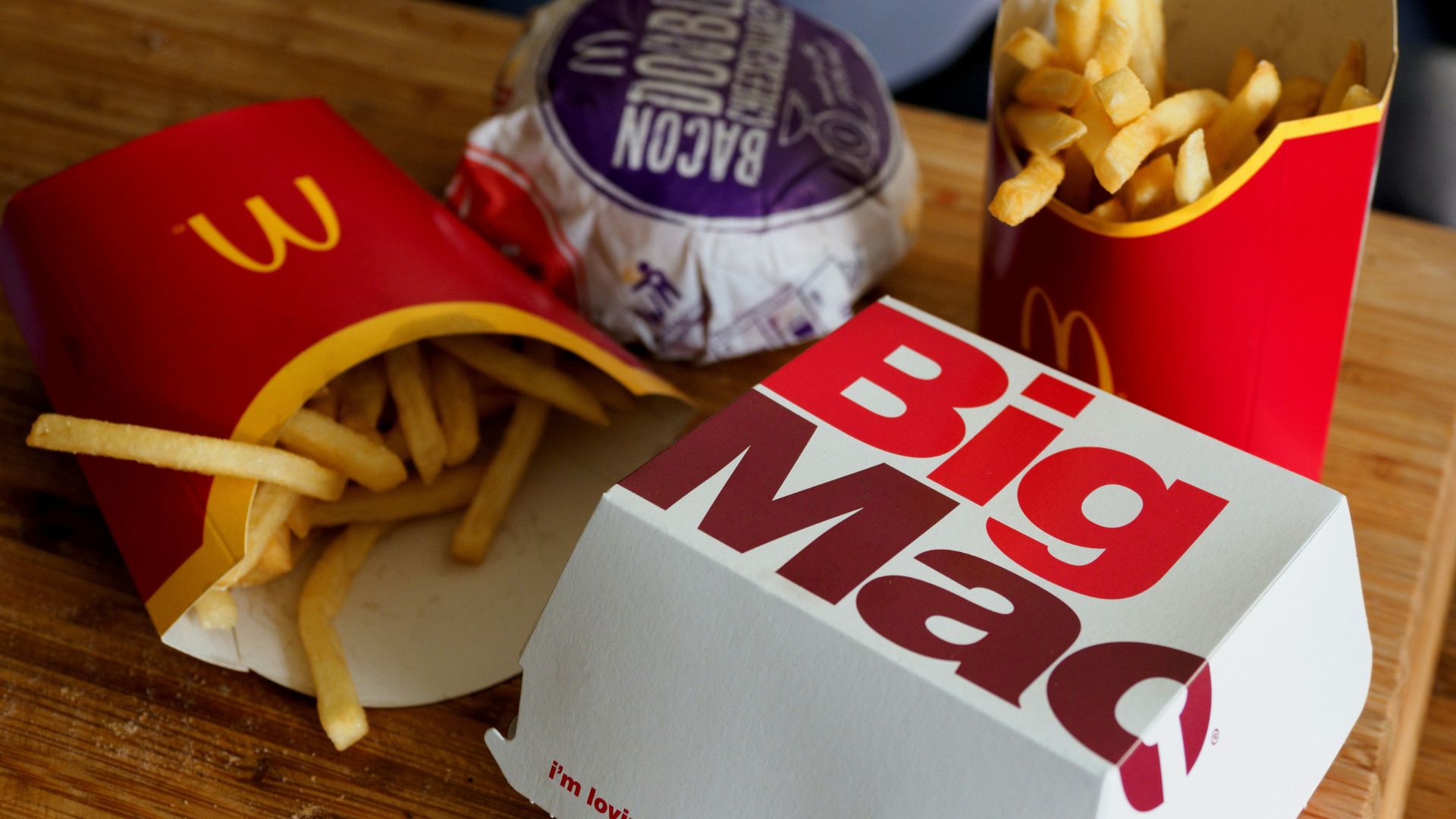
“A McDonald’s franchisee who owns 18 outposts in California is considering reducing store hours, hiking menu prices and delaying renovations to offset the impact of the state’s $20 hourly minimum wage for fast-food workers,” reported the trade group.
This example illustrates how businesses are being forced to make difficult decisions to remain viable.
The Battle Continues
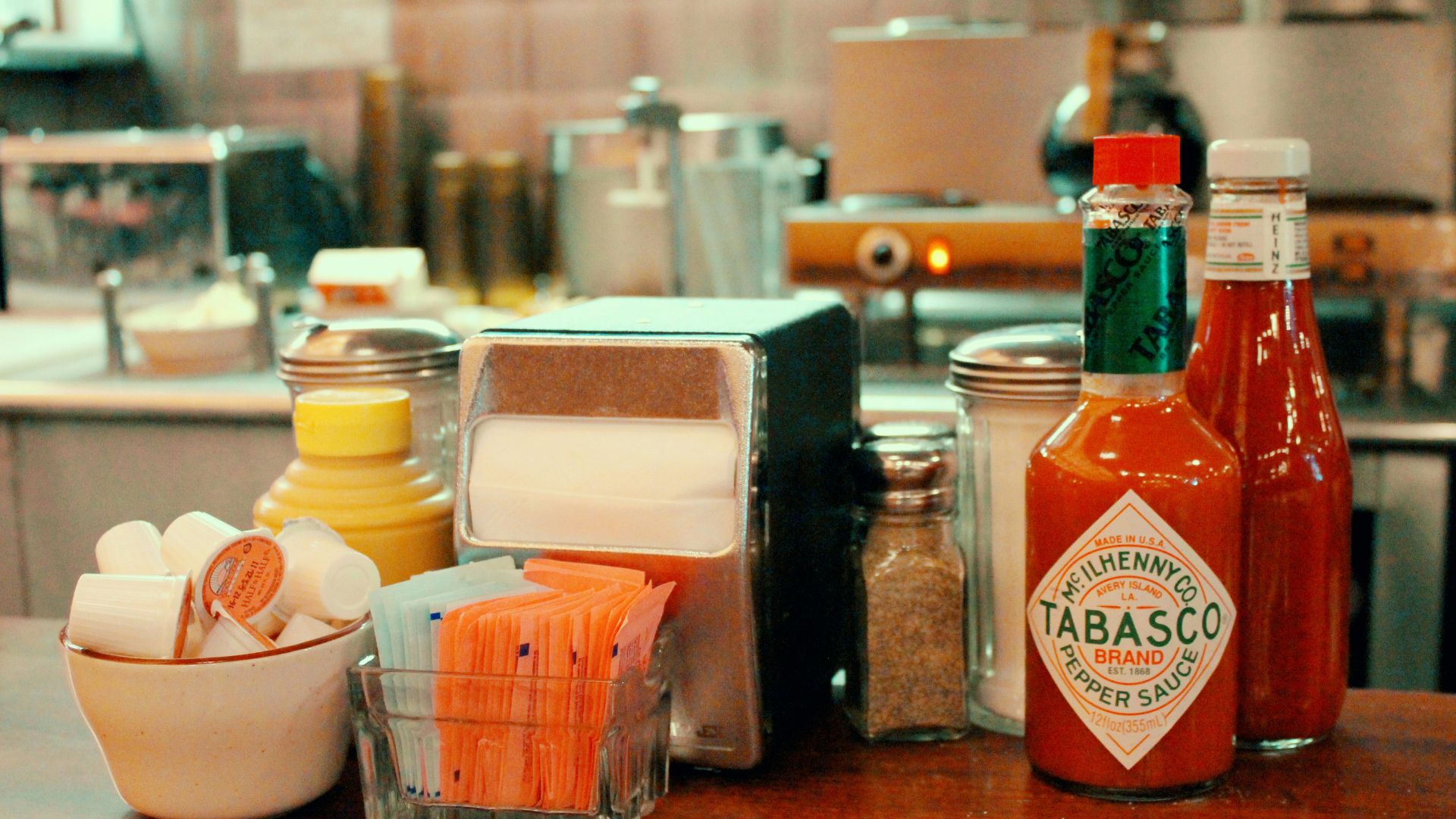
Despite the backlash, Manzo vows to keep advocating for small to medium-sized businesses that “don’t have a voice.”
He remains hopeful that with continued effort, the business environment in California can be redirected.
Newsom’s Counterpoint
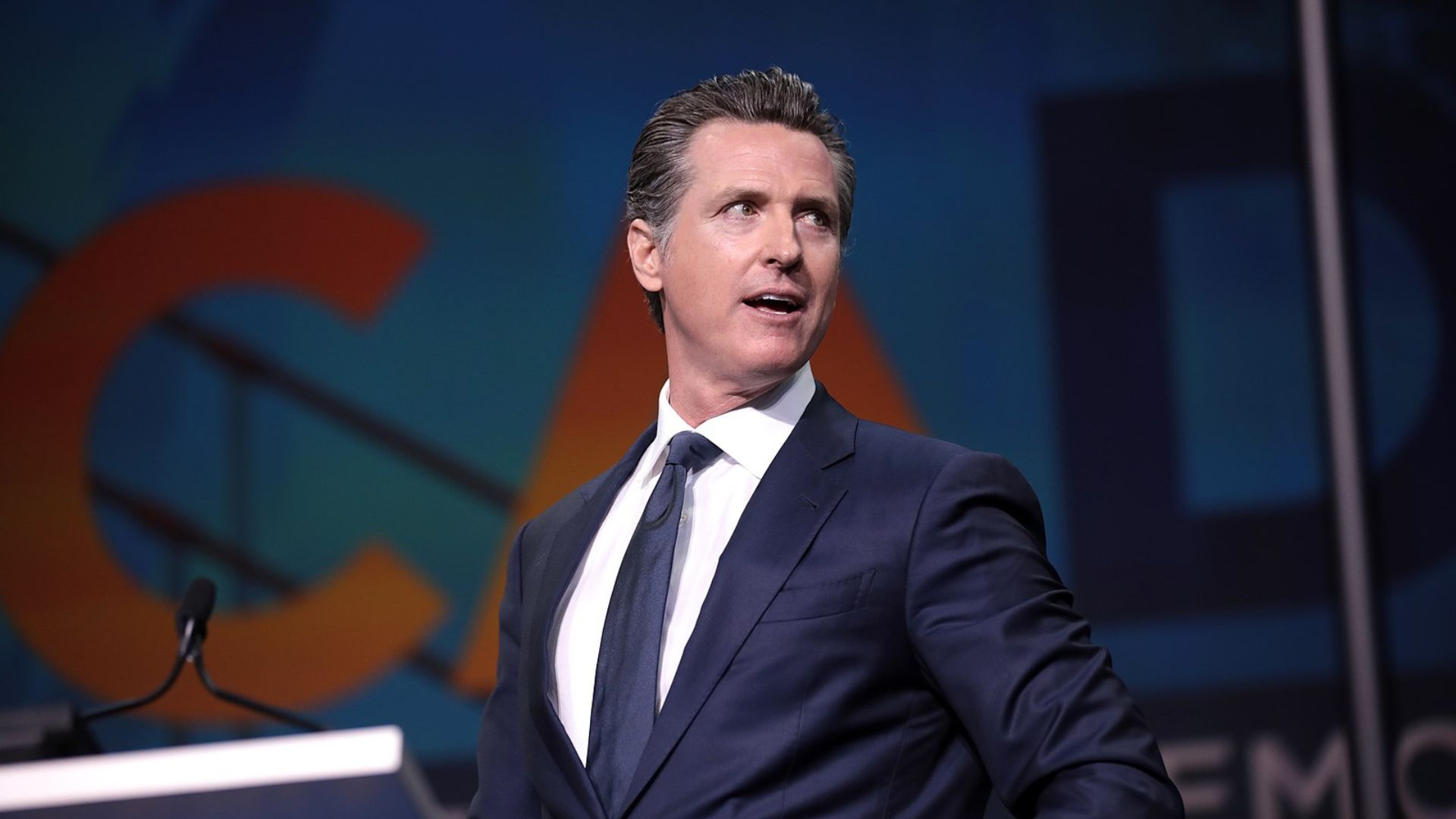
Contrasting the views of business leaders, Governor Newsom’s office reported an increase in jobs within the limited service restaurant sector, citing a rise of 4,500 jobs since the bill was signed last year and a total of 6,600 new fast-food jobs from April 2023 to April 1.
This data suggests a different perspective on the impact of the wage increase on employment within the industry.
